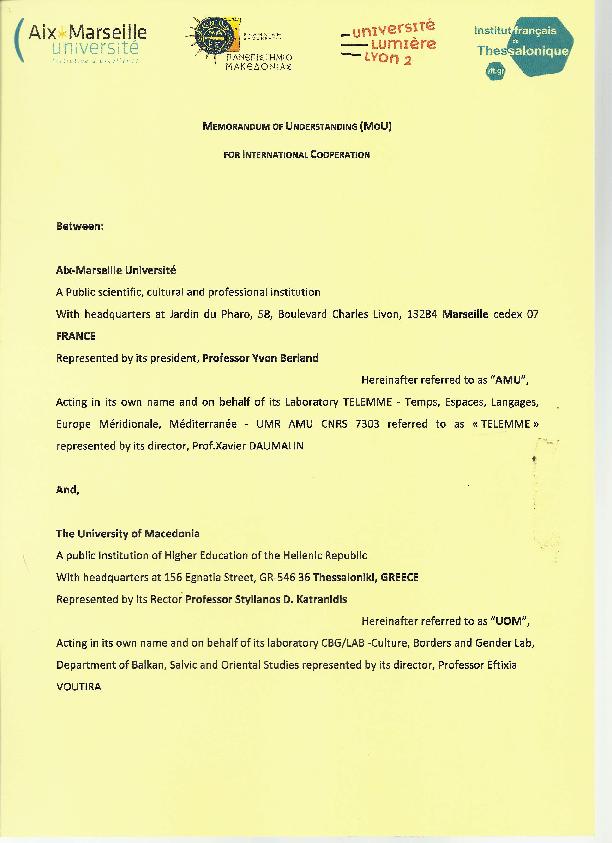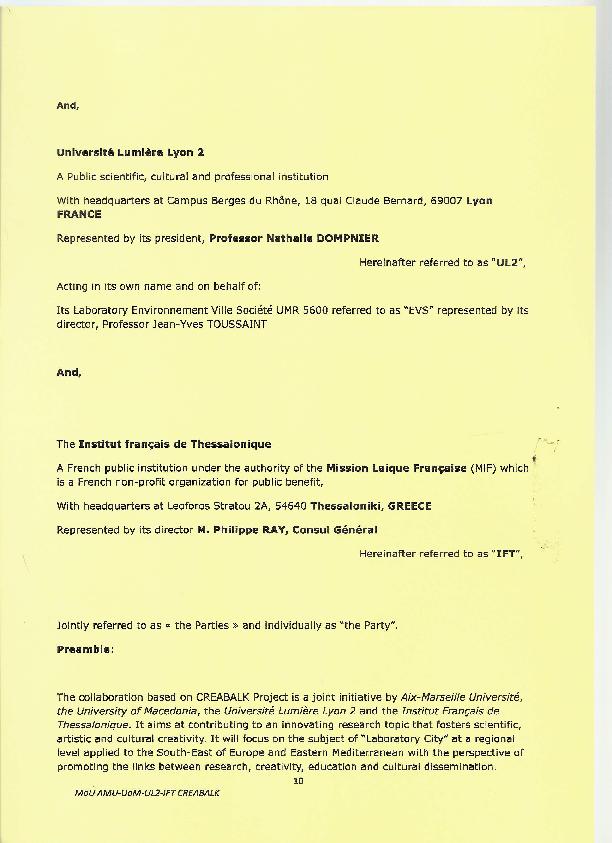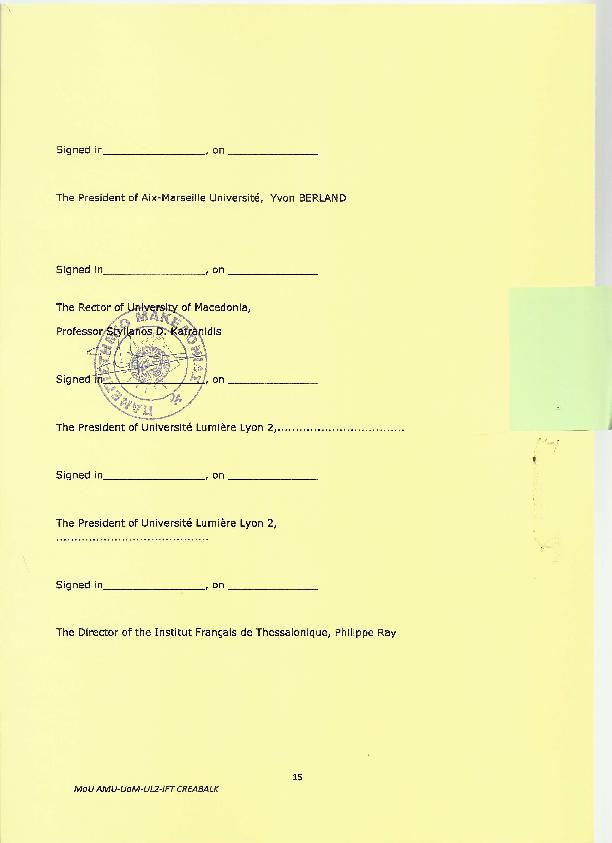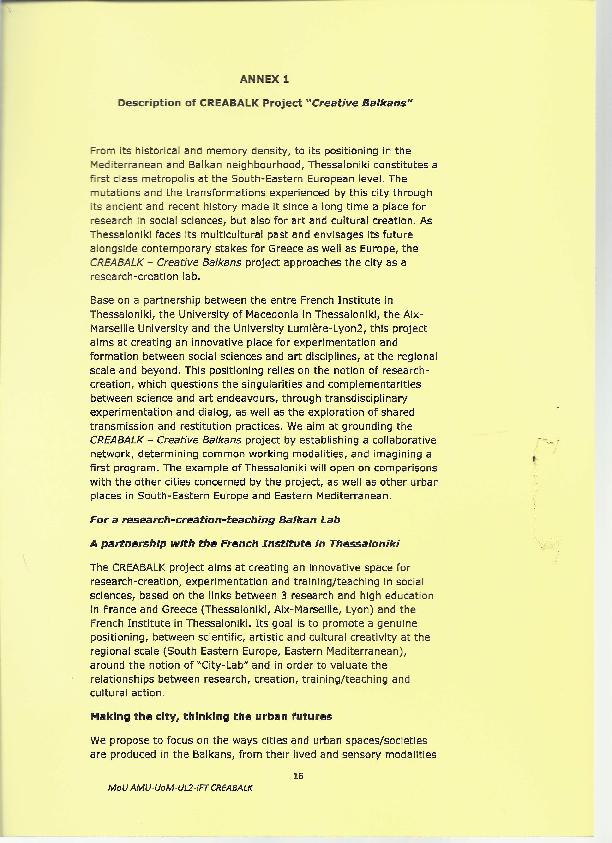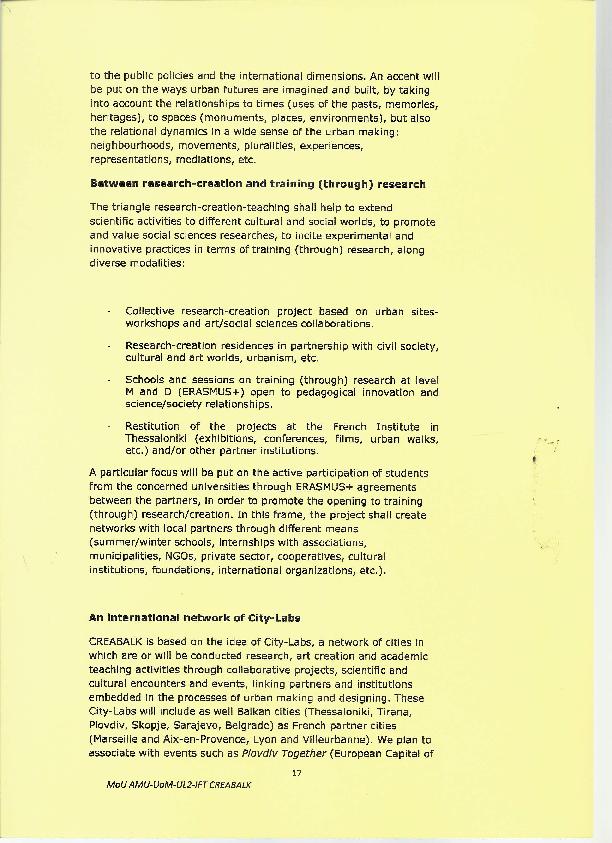Since 2008, CHS has generously supported the Harvard Summer Program in Nafplio and Thessaloniki (Greece), by offering two research fellowships to a) junior faculty members (Adjunct Lecturers, Lecturers or Assistant Professors) and b) Scientific and Laboratory Teaching Staff (“ΕΔΙΠ” and “ΕΕΠ”) who hold a PhD, of Schools of Humanities and Social Sciences from Greek Universities.
About the program
The fellows participate in the program by presenting their research and interacting with colleagues and students from the U.S. and all around the world, while the team exchanges experiences and ideas about their different educational systems.
The fellowships aim to attract applicants with an academic background strongly related with the disciplines of Comparative Cultural Studies, the academic core of this program. CHS gives preference to those whose application and cover letter suggests that they would be comfortable working in an intimate, international, multilingual community of scholars. Former experience in similar academic programs/activities in Greece or abroad will be taken into consideration.
The fellowship includes:
- Year-long appointment as CHS Fellow in Comparative Cultural Studies in Greece.
- Year-long access to all Harvard electronic resources. The fellows will receive an ID and HarvardKey to have access to all digital libraries, available through the Harvard University library system.
- A week-long stay in Nafplio or in Thessaloniki in July 2020 (dates to be determined). The fellows will join the summer program and interact with the students and the faculty. They will attend all seminars taught during that week and address a one-hour lecture to the students on their respective fields of interest. The Center covers accommodation, transportation, breakfast and dinner, during the fellow’s stay with the summer program, and offers a stipend aiming to cover additional expenses.
Collaborating Educational Institutions
In the past, fellows came primarily from the Universities of Patras and Ioannina. Since 2016, CHS opened applications to all Humanities and Social Sciences Schools of Higher Education in Greece.
For a full list of all Faculties, Schools and Departments of Greek Academic Institutions, please click here. This list is also available for download in PDF format.
2020 Application
The application for these fellowships is now open, and the deadline is February 19, 2020 at midnight (Eastern European Time). Please find information about all required documentation here (PDF).

